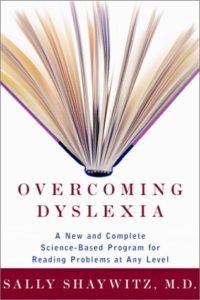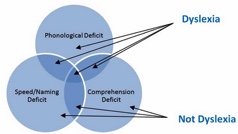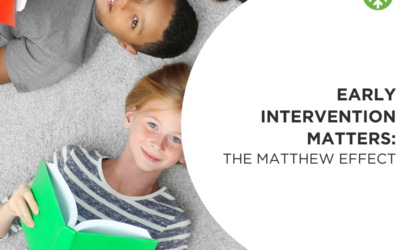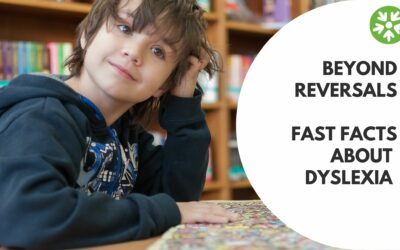When parents are concerned about their child’s reading development they might think, dyslexia. Over the decades, dyslexia has become a common term used to describe a person with a reading difficulty.
What we know today, however, is that dyslexia has a very specific meaning, and not all reading difficulties are the result of dyslexia.
UNDERSTAND

Dyslexia: Beyond Reversals Langsford event
Seeing letters and words backwards is dyslexia, right? Wrong! In this presentation, Stephen McCrocklin, Langsford’s Executive Director, dispels that long-held belief.
Dyslexia: What Is It? Past Langsford Email
This is a link to an email on dyslexia. It brings light to the scientific communities’ current understanding of dyslexia and the myths that persist today.

WLKY- Debunking Dyslexia Myths WLKY.com
Langsford’s very own Stephen McCrocklin interviewed by WLKY’s Christina Mora.
Overcoming Dyslexia, Sally Shaywitz M.D. Amazon.com
This book provides a comprehensive view of dyslexia.
EVALUATE
Is it Dyslexia? There are reading difficulties that cannot be boxed into a definition of dyslexia. An important outcome of a comprehensive reading assessment is to identify where the breakdown is occurring.

Choosing the appropriate evaluation depends on your goals.
School-based Evaluations: Most families rely on their school system to evaluate and provide reading support services. School resources, however, are limited and evaluations are completed only when a learning disability is suspected.
Outside School Evaluations: Some families seek evaluations outside of school for various reasons. The most common are:
– the school declines a request for an evaluation.
– the parent desires a 3rd party evaluation.
– the parent believes reading support services are absolutely necessary, and the timeframe available from the school is not acceptable – it may take as long as 6 months.
Is 6 months too long to wait?
Early intervention is widely considered the key ingredient in minimizing the lifelong effects of neurodevelopmental disorders, which include Specific Learning Disabilities in reading. Yet, the new criteria for diagnosing a Specific Learning Disability in the DSM-V includes the criterion that symptoms must have persisted for at least 6 months despite receiving extra help or targeted instruction.
As many professionals know, the term dyslexia is no longer included in the newest Diagnostic and Statistical Manual. The diagnosis is Specific Learning Disability in reading. This document provided by the International Dyslexia Association provides clarity.
PLAN OF ACTION
The Langsford Approach
If you have concerns about your child’s reading development and suspect dyslexia, we can help!
Identification- Parents often observe symptoms of reading difficulties. A Comprehensive Reading Evaluation pinpoints the root cause of the difficulty.
Targeted Instruction- Having uncovered the root cause of the difficulty, we target our instruction to strengthen the processes necessary for successful reading.
Research-Validated Approaches- Langsford uses instructional approaches validated by research in one-to-one sessions




